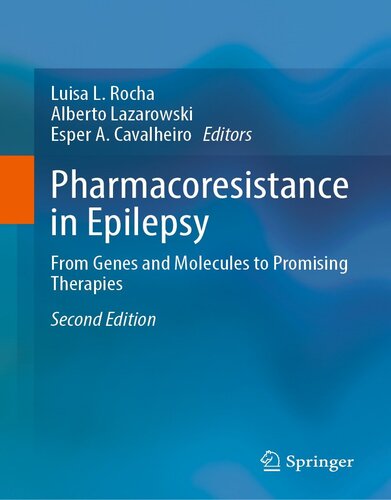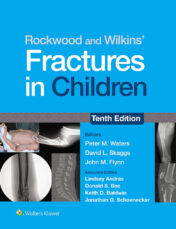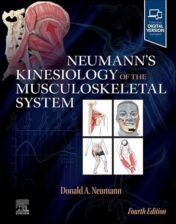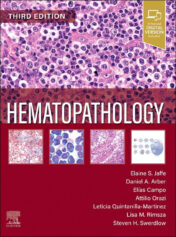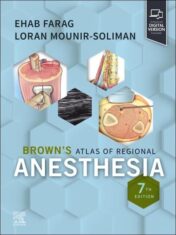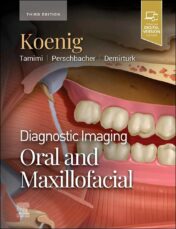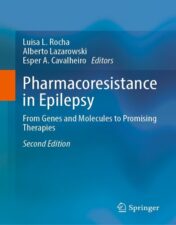The third edition of “Epigenetics in Human Disease” provides an updated and comprehensive exploration of epigenetic mechanisms in various diseases and conditions. It covers the significant advancements in our understanding of epigenetics in conditions such as cancer, autoimmune disorders, aging, metabolic disorders, neurobiological disorders, and cardiovascular disease.
This edition offers insights into the molecular mechanisms underlying epigenetics, the latest technologies used to study epigenetic changes, and the clinical translation of recent research. The book is suitable for a broad range of readers, from those interested in the fundamental aspects of epigenetics to those focused on therapeutic interventions for epigenetic-based disorders. Throughout, the emphasis is on understanding key concepts and applying them to new research and clinical practice.
The third edition delves into various topics relevant to epigenetic disease research, including the use of epigenetics in stem cell therapy, bioinformatics analysis of next-generation sequencing (NGS) data, the epigenetic mechanisms of imprinting disorders, the role of microRNAs in cancer, and epigenetic strategies for addressing obesity. It also explores epigenetic aspects of respiratory diseases, cardiovascular diseases, Alzheimer’s disease, addiction, and suicide. Additionally, it covers epigenetic tools, early-life programming, and a range of other human health issues.
This edition presents contributions from leading international researchers involved in translational epigenetic research and therapeutic applications. It offers an integration of methods and applications with foundational chapters on epigenetics in human disease, along with an overview of recent clinical breakthroughs. Each chapter has been updated to include summaries, definitions, visual aids, step-by-step methods, and case studies to facilitate understanding.
“Epigenetics in Human Disease” is a valuable resource for anyone interested in the field of epigenetics and its implications for understanding, diagnosing, and treating human diseases. It encompasses both the fundamental principles of epigenetics and the practical applications of this knowledge in clinical contexts.

